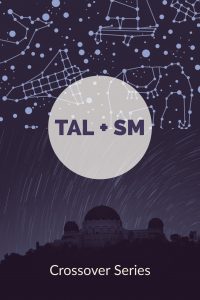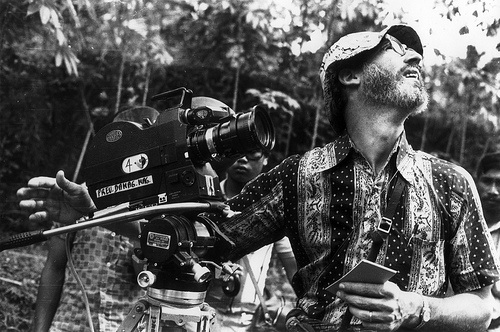I received this link via the e-anth listserv and thought I would pass it along. This piece in the NY Times gives a pretty good overview of some of the controversies and debates that have surrounded the career of Napoleon Chagnon. Here’s the intro:
Among the hazards Napoleon Chagnon encountered in the Venezuelan jungle were a jaguar that would have mauled him had it not become confused by his mosquito net and a 15-foot anaconda that lunged from a stream over which he bent to drink. There were also hairy black spiders, rats that clambered up and down his hammock ropes and a trio of Yanomami tribesmen who tried to smash his skull with an ax while he slept. (The men abandoned their plan when they realized that Chagnon, a light sleeper, kept a loaded shotgun within arm’s reach.) These are impressive adversaries — “Indiana Jones had nothing on me,” is how Chagnon puts it — but by far his most tenacious foes have been members of his own profession.
At 74, Chagnon may be this country’s best-known living anthropologist; he is certainly its most maligned. His monograph, “Yanomamö: The Fierce People,” which has sold nearly a million copies since it was first published in 1968, established him as a serious scientist in the swashbuckling mode — “I looked up and gasped when I saw a dozen burly, naked, filthy, hideous men staring at us down the shafts of their drawn arrows!” — but it also embroiled him in controversy.
I heard various takes on Chagnon throughout my anthropological training. I read his book about the “Yanomamo” in some of my very first classes at community college, and then as the years went on I heard about the debates, the fights, the controversies. When I first heard his name I had no idea he was such a controversial figure. But then, a lot of thing[s] that I first heard about in my early anthropology courses became a bit more “complicated” along the way. It’s interesting to me that this author calls Chagnon the best-known living anthropologist. Maybe he is. I guess it depends on who you ask though–and where you ask. Anyway, this NY Times piece is an interesting overview of some of these histories, and it’s worth reading. Read the rest here.
UPDATE 2/20/13: A lot of folks posted some great resources and links in the comment thread. I thought I’d update the post and put them up here to make things a little more accessible. As Jason Antrosio said, this story definitely needs some serious contextualization. Let me know if you have other links/sources and I will add them here.
1. Elizabeth Povinelli’s review of Chagnon’s new book.
2. Response to the NY Times piece by AAA president Leith Mullings.
3. Jon Marks on Jared Diamond and Napoleon Chagnon.
4. Sociobalderdash, and the Yanomami? Part II by Ken Weiss.
5. Meet Joe Science by Jonathan Marks.
6. Marshall Sahlins on Chagnon’s research.
7. What the press is saying about Napoleon Chagnon (Louis Proyect)
8. The Weird Irony at the Heart of the Napoleon Chagnon Affair (John Horgan @Scientific American)


